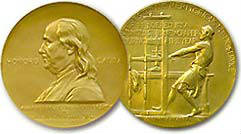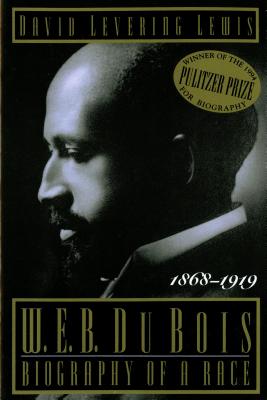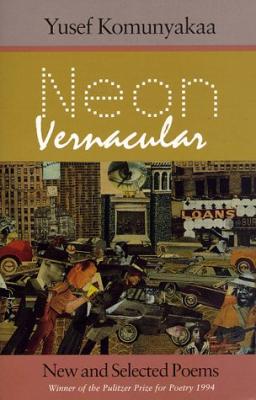Pulitzer Prize Winning Books by Black Writers (includes Finalists)
← Back to Main Awards Page
Since 1917 the Pulitzer Prize has honored excellence in journalism and the arts. The first award was presented in 1918. The Prize recognizes American authors in six “Letters and Drama” categories; Biography/Autobiography, Fiction, General Non-Fiction, History, Poetry, and Drama (technically not a book award, but plays are all available as books and have been included here).
The first African-American writer to win a Pulitzer Prize in any of the above categories was Gwendolyn Brooks who received the award for poetry for her collection Annie Allen in 1950.
2 Books were Finalists or Winners of Pulitzer Prizes in 1994
W. E. B. Du Bois, 1868-1919: Biography of a Race
This monumental biography eight years in the research and writing treats the early and middle phases of a long and intense career: a crucial fifty-year period that demonstrates how Du Bois changed forever the way Americans think about themselves.
Neon Vernacular: New And Selected Poems
In addition to 12 moving new poems, Neon Vernacular (winner of the 1994 Pulitzer Prize for Poetry) samples broadly from Yusef Komunyakaa s acclaimed collections Dien Cai Dau, Copacetic, and I Apologize for the Eyes in My Head. Poems from Komunyakaa's earlier books show that while his style has evolved from a soul-bare blues to an intellectually syncopated jazz, his core obsessions remain. His poems provide gritty testimony of the Vietnam War, a history of community and loneliness in African America, and, elusively, a complex document of human consciousness. Like his predecessor in this uncertain territory, Robert Hayden who asked, "What did I know, what did I know/ of love's austere and lonely offices" Komunyakaa's speakers are constantly being attacked by doubt, as in "Black String of Days:"
Tonight I feel the stars are out
to use me for target practice.
I don't know why they zero in like old
business, each a moment of blood
unraveling forgotten names
On the black string of days
there's an unlucky number
undeniably ours.
Although his poems of the Vietnam War belong to the battle-weary tradition of Siegfried Sassoon, Louis Simpson, and Bruce Weigl, they gain an added complexity from the tense absence of battle. The idea of being a soldier in an unpopular war, as Komunyakaa was, attains in such poems as "Monsoon Season" and "Water Buffalo" a metaphysical air. In these poems, ponchos feel like body bags and one speaker realizes, "I'm nothing but a target," but the bullet never comes. As in his poems about growing up in Bogalusa, Louisiana, Komunyakaa's voices have prepared themselves for pain, and they celebrate the confusion of the lifetime before it strikes, or the clarity of the moment just after. This is a rich collection from one of our most rewarding poets.


